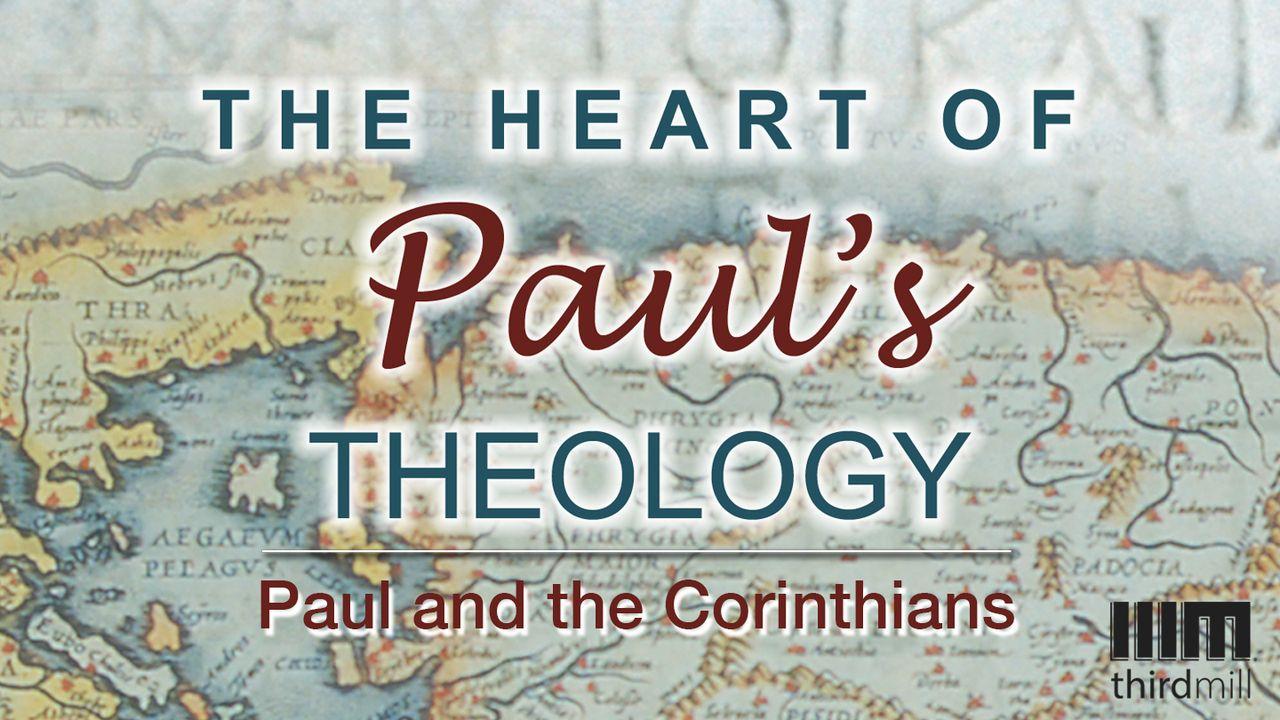The Heart Of Paul’s Theology: Paul and the Corinthians预览

Apostolic Love: 2 Corinthians 5:14-15
Paul also spoke strongly of love when defending his apostleship. For instance, when explaining why he ministered as he did, he wrote in 2 Corinthians 5:14-15:
Christ’s love controls us. We are convinced of this, that one died for all, therefore all died. And he died for all in order that the ones who live would no longer live for themselves but for him who died for them and rose again.
The most explicit way in which Paul applied these ideas about love to the problems in Corinth was in his instructions regarding spiritual gifts. Although the Holy Spirit had gifted the Corinthians in tremendous ways, the pride of those with more spectacular gifts, such as tongues and prophecy, led them to devalue many who had less dramatic gifts. And one of the ways Paul hoped to remedy this situation was by pointing out that all gifts, spectacular and otherwise, are useless and annoying if they are not exercised in love. As he wrote in 1 Corinthians 13:1-2:
If I speak in the tongues of men and of angels, but I do not have love, I have become a noisy gong or a clanging cymbal. If I have prophecy, and I know all mysteries and all knowledge, and if I have all faith, so as to remove mountains, but I do not have love, I am nothing.
Prophecy, tongues, supernatural knowledge, and miracle-working faith all seem impressive when evaluated from a worldly point of view. But in reality, they are given for the spiritual benefit of believers, not for their worldly value or experiential pleasure. Unless they are used lovingly, spiritual gifts do not confer spiritual blessings. Only when used in love did these gifts mitigate the suffering and death of the present age by allowing the church to participate in the blessings of the age to come.
Click here to watch The Heart of Paul's Theology: Paul and the Corinthians, lesson four in the series The Heart of Paul's Theology. Biblical Education, For the World,. thirdmill.org
读经计划介绍

This reading plan explores the background to Paul's letters to the Corinthians, examines the structure and content of First and Second Corinthians, and reveals his eschatology.
More

